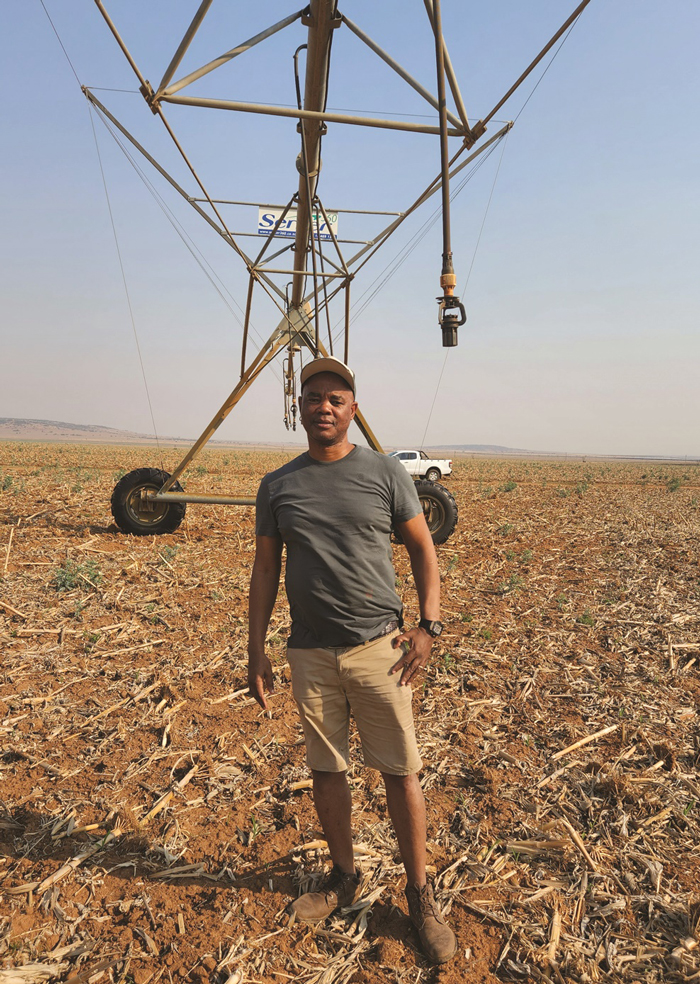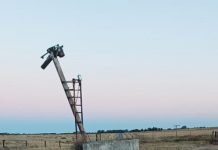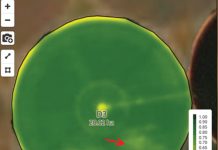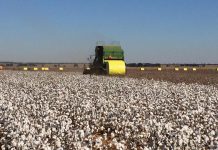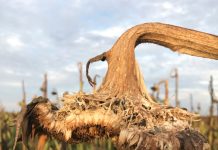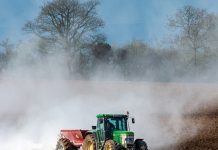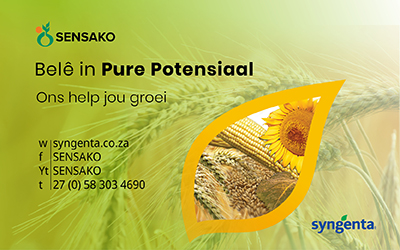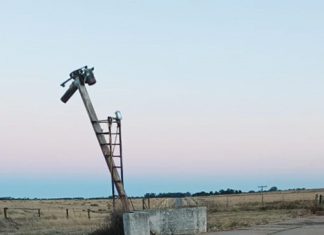First-time entrant in the Grain SA Grow for Gold yield competition, Job Dube, was crowned the best for maize production in KwaZulu-Natal. Dube’s yield of 16,78 t/ha earned him the first place in this year’s competition.
Dube’s dream to develop a thriving and sustainable maize farming operation that will provide a sustainable income for his family, is coming true. By harvesting 500 kg/ha more than his next competitor, he earned his place on the top of the podium.
He is a project manager by profession and started farming in 2010. His farm, Sandspruit near Utrecht, covers 1 000 ha with 330 ha of arable land. Dube farms under the business Ekuphileni, meaning ‘in life’.
Dube plants maize, soybeans and wheat. His summer crops are planted in a rotation system of 75% maize and 25% soybeans. He planted 75 ha of the winning cultivar P1197R. According to him, he did nothing special or different on this block, but followed his normal practices.

The soil type on the farm is silky clay. He follows conventional cultivation practices and planted the maize during the first week of November 2023 using a Monosem planter. The plant population was 70 000 at a row width of 76 cm. He harvested during June.
On all his fields planted to glyphosate-tolerant maize, he follows a standard weed control programme as advised by the AECI agent in the area.
He applied a macro element mixture of nitrogen (N), phosphorus (P), and potassium (K) at an application of 11,6% each or 1:1:1(35), combined with 0,5% zinc (Zn), and 5% sulphur (S). This was followed by a 5:0:1 NPK mixture with an addition of 6% S.
Dube received an average of 920 mm rain for the season, but supplements with irrigation from the Buffalo River and holding dams. According to him loadshedding presented enormous problems, not only with irrigation, but to his entire operation. Another big challenge during the past season was the very wet conditions with the result that he was not able to always follow his normal routine. ‘I was not able to get into the fields to do what needs to be done on time.’
Balance yield with profitability
He believes that it is important to balance high yields with profitability. To manage this, he compiles a pre-season budget, look at the weather prediction for the season and plan according to the long-term yield average in the area. He also plants his own trials on the farm to compare new hybrids with each other to see which will do the best on his farm with his farming practices.
Farming is very important to Dube – not only for himself and his family, but also for the area as he contributes to the welfare of other families by creating jobs in the area.
‘I believe that a mentor is one of the biggest assets to any emerging farmer as the technical input they provide is critical to the success of a start-up farming project. Having access to knowledge is making an immense difference in my approach to farming. I have little doubt that without the input from a mentor, any emerging farmer will remain at that stage for ever.’
His advice for other farmers entering the agricultural sector is to just keep on trying and to do the best they can. That was one of the important things he took away from the mentorship programme he was involved in: ‘Ensure that you have a good mentor. Apply the best farming practices as best as you can. Do not give up.’
